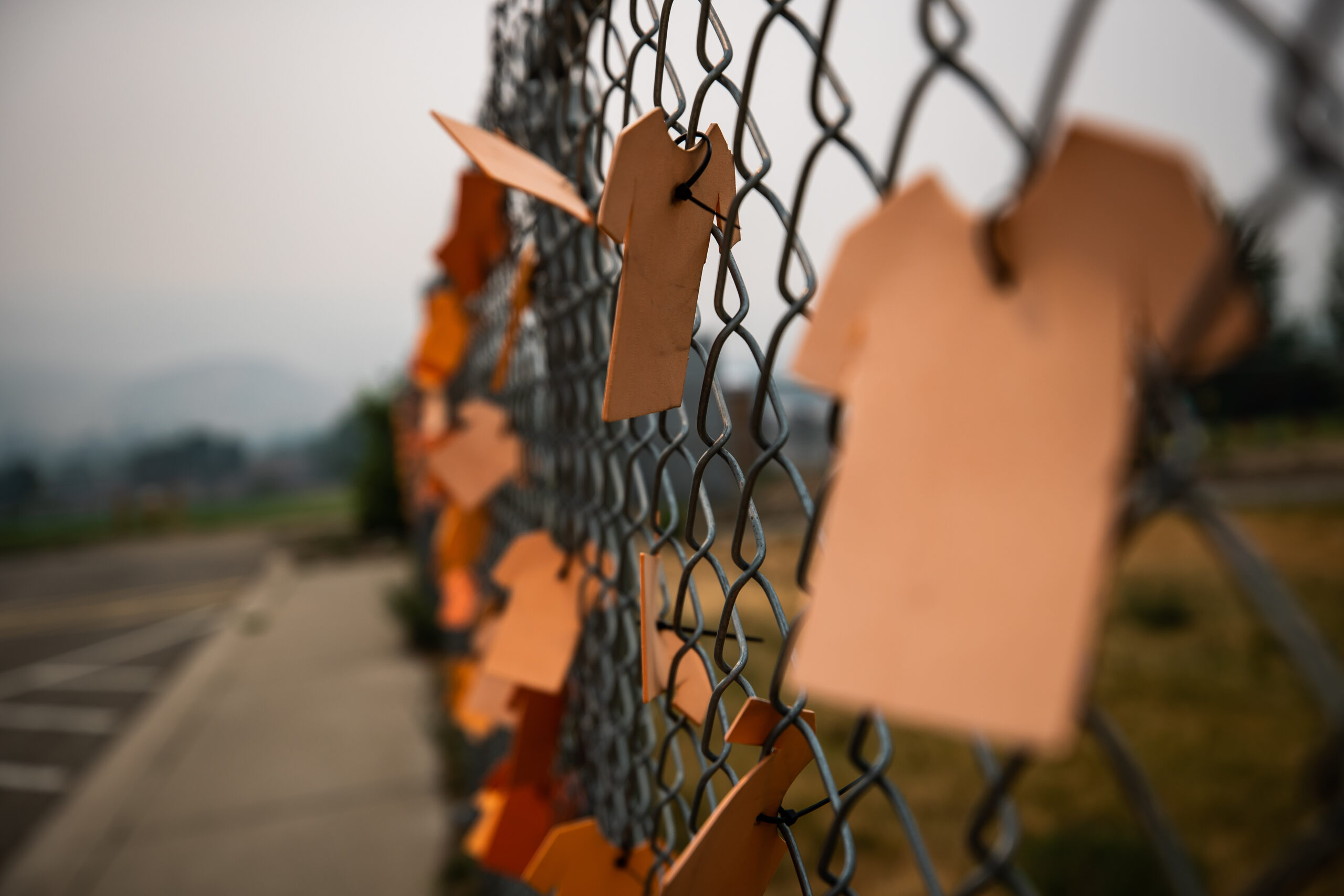2024-2025
Dr. Fabiana Turelli
Kinesiology ($2,500)
Dr. Turelli’s Small Grant project aims to develop and implement a pilot pedagogical model for the empowerment of newcomer students identifying as women through the combination of sports karate training and feminist theoretical classes. Together with participants, they have decided to create a film showcasing the project.
Dr. Monica Batac
Social Work ($2,715)
Dr. Batac explores relations of solidarity between Filipino community and social workers and Indigenous communities, with emphasis on how Filipino settler practitioners are working to respond to Calls to Action. The project troubles the border and binaries between Indigenous and Settler Filipino activists.
Dr. Qiuyan Yuan
Engineering ($2,440)
Working with the Winnipeg Boldness Project, Dr. Yan’s project aims to study the correlation of socio-economic and environmental challenges in Winnipeg’s North End to identify community-led solutions in improving waste management and recycling habits, contributing to the wellness outcomes of community members.
Learn more…
2023-2024
Dr. Merissa Daborn
Indigenous Studies ($2,500)
Dr. Daborn’s Small Grant project will examine privacy violations in the context of grocers posting images of suspected shoplifters, with the aim of contextualizing these violations within the human rights landscape to ensure that ongoing and intensifying media coverage of food theft does not continue to serve as a distraction from larger social issues that are actually impeding individuals access to food.
Dr. Bruno de Oliveira Jayme
Education ($2500)
Dr. de Oliveira Jayme’s Small Grant project will assess how graphic novels might surface the intersection between substance use disorder and lack of access to water and sanitation, dispel public biases, and inform local harm reduction policies in the city of Winnipeg.
Dr. Christine Mayor
Social Work ($2,500)
Dr. Mayor’s Small Grant project will explore the ways in which carceral logics are embedded within and literally embodied by “the helping professions” of drama therapy and social work, with the goal of disrupting these logics towards embodying more liberatory and abolitionist practices and ways of interacting. Read the article now.
2022–2023
Dr. Sean Carleton
History ($2,500)
Dr. Carleton focused on residential school denialism, exploring mainstream media’s reporting on unmarked graves at the site of the Kamloops Indian Residential School. View Report.
Dr. Nancy Kang
Women’s and Gender Studies ($550)
Dr. Kang will explore the role of women in Korean shamanic tradition (mugyo) using an Asian American feminist lens.
Dr. Lindsay Larios
Social Work ($2,246)
Dr. Larios explored the barriers to healthcare access for international students and their families in Manitoba. You can read the full report “Healthcare is a Human Right: International Students Speak Out on Healthcare Inaccessibility in Manitoba” published by the Canadian Centre for Policy Alternatives – Manitoba.

2021–2022
Dr. Derek Johnson
Anthropology ($2,500)
Working with a multi-departmental team Dr. Johnson has received a grant to provide support to a Manitoba First Nation for research on their residential school legacy.
Dr. Lilian Pozzer
Education ($2,500)
Dr. Pozzer’s project Raising Awareness of Science and Human Rights in Manitoba Schools engages a group of Bachelor of Education Year 2 students, their cooperating teachers (CT) and high school students in schools across Winnipeg and surrounding areas in an exploration of the rather turbulent history of science and human rights from ancient times to the present day, from a perspective that considers both science and human rights within social, cultural and historical contexts, and highlights the contributions of science to human rights causes.
2020–2021
Dr. Lara Rosenoff Gauvin and Camille Callison
Librarian ($2,500)
Tea Around the Fire: Sharing Knowledge on Best Practices for Community-Centred Repatriation
Gathering knowledge and best practice recommendations from local, national and global experts on Indigenous rights and repatriation for an online interview video series. The University of Manitoba is identifying the ancestors in its care and beginning to build relationships with Elders and Indigenous leaders towards the establishment of a UM Advisory Circle and Elders Circle to guide repatriation efforts.
Archives 2012–2020

Support Us
Whether you are passionate about interdisciplinary human rights research, social justice programming, or student training and mentorship, the University of Manitoba offers opportunities to support the opportunities most important to you.


